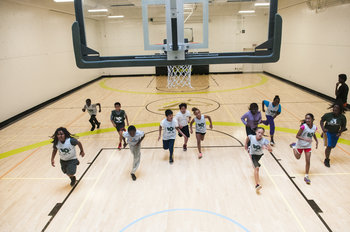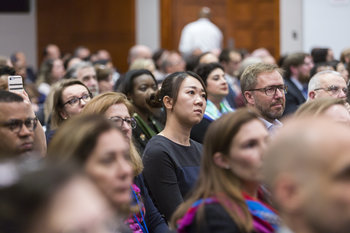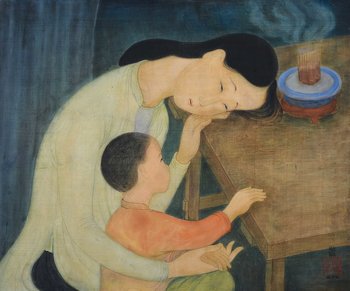Apologize When You Wrong / Inconvenience Someone | Apply Appropriate Diligence to Tasks |
Arrive on Time For Things You've Committed to Do | Avoid Embarrassing Others (in face saving cultures) |
Be Candid and Honest (in cultures where this is valued) | Be Quiet At Night / Avoid Waking Others |
Civility | Completing a Minimum Level of Education |
Complying to Laws That Are Reasonable | Demonstrating Consideration for Others |
Etiquette | Expectations of Privacy (e.g. not being observed in the bathroom) |
Follow Rules Where They Are Reasonable | Following the Accepted Procedure for Coughing or Sneezing in Public |
Fulfil the Requirements of a Role You've Accepted | Greeting People You Know When You See Them |
Letting Others Talk / Taking Turns in Conversation | Listening to Others |
Maintain Your Home / Property to Some Reasonable State | Making Eye Contact |
Not Bullying / Intimidating Others | Personal Hygiene |
Politeness | Professionalism |
Respecting the Freedoms of Others | Respecting the Health and Safety of Others |
Respecting the Rights of Others | Sportsmanship |
Standing in Line to Wait | Taking Responsibility For Your Actions |
Thanking Others | Tolerance & Inclusion |
Waking During the Day and Sleeping at Night | Wearing Clothing in Public |
Working / Contributing to Society |
Social Expectations vs Social Pressures
Social expectations are minimum behaviors expected of people that help people to get along in a society, place, group or situation. Social pressures are more related to the social drive to compete, thrive, produce outcomes, achieve social status and fully participate in society, culture or a group. For example, a social expectation is that you wear clothing to school and a social pressure is that you wear fashionable clothing to school.Changing Norms
Social expectations change with time. Where they change quickly, there may be resistance to change.Generational Norms
Older generations play a role in transmitting existing / traditional norms to younger generations and are often only partially successful in this role. Younger generations play a role in challenging existing norms and creating change. It is common for norms to differ by generation as some people will not adapt to changing norms.Cultural Norms
Norms differ greatly by culture but are also adopted at the level of a society. It is common for people to form subcultures that challenge the norms of dominant cultures / society.Advantages / Benefits
Social expectations help people to get along, resolve disagreements, cooperate and enjoy a high quality of life. They include rules of social fairness such as politeness. They include pragmatic rules that help to organize things such as the norm of standing in line to wait when many people want something at the same time. They include conventions of communication and socialization that provide a framework for getting to know other people and cooperating. They include elements that synchronize social processes such as the norm that people wake in the day and sleep at night. Generally speaking social expectations can create civility, peace, common understanding and help a community to thrive.Disadvantages
Social expectations can encourage mediocrity whereby people do the minimum expected of norms but fail to thrive as an individual. For example, an administrator who follows the norms of their profession but isn't particularly productive, creative or kind. If you disagree with social expectations, you may find them to be painful and oppressive. Failure to comply to norms can cause social exclusion that can be isolating. Change to social norms tends to cause conflict and instability but is often required to adapt to changes to society or social problems. Social expectations differ greatly by culture and can make it more difficult for people from different cultures or societies to get along. Social expectations may include norms for dealing with this such as the norm that you be inclusive, helpful and kind to those who may be unfamiliar with local norms.| Overview: Social Expectations | ||
Type | ||
Definition (1) | Behaviors that are widely considered appropriate by a social group such that they tend to increase social acceptance by that group. | |
Definition (2) | Minimum behaviors expected of people that help people to get along in a society, place, group or situation. | |
Commonly Confused With | ||
Also Known As | ||
Related Concepts | ||







































